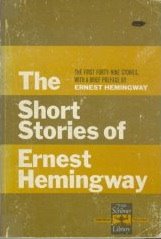 My reading theme this year seems to be "pairs." This is my companion piece to Iron John. A friend lent it to me after we were discussing Robert Bly, and since I'm very interested in Jung, it sounded like a win win.
My reading theme this year seems to be "pairs." This is my companion piece to Iron John. A friend lent it to me after we were discussing Robert Bly, and since I'm very interested in Jung, it sounded like a win win.King, Warrior, Magician, Lover is about the shared archetypes of humans, what Jung referred to as the collective unconscious. These four types show up in stories, myths, and religions for as far back as knowledge of our species reaches, and it is very easy to relate to what the authors are talking about because the archetypes are so relevant.
The argument is quite the same as Iron John's, in that most men are stuck in boy psychology, or in stunted versions of these four archetypes, and the authors point out examples of each. It's because of the lack of positive male models, or Kings, Warriors, Magicians, and Lovers, in present day society, that we have so many problems in the world. Leaders who don't consider the good of everyone, wars fought without conscience, and abusive relationships. Men aren't just "tough guys", and being a man doesn't mean not talking about your feelings, it means lots of things, many which are not obvious because of a lack of initiation.
What the book does is give descriptions of each of the poles of these archetypes and their infantile counterparts, then it gives practical applications on how to access these important archetypes. It's a great book, and actually a great follow-up to Iron John. I'd recommend both, though I'm sure there's plenty of literature out there on these topics to broaden your scope a little. Either way, if you're a man and you are interested in learning and furthering yourself. I highly recommend these books. To borrow a line from one of my favorite radio shows, "They're good for your constitution!"




